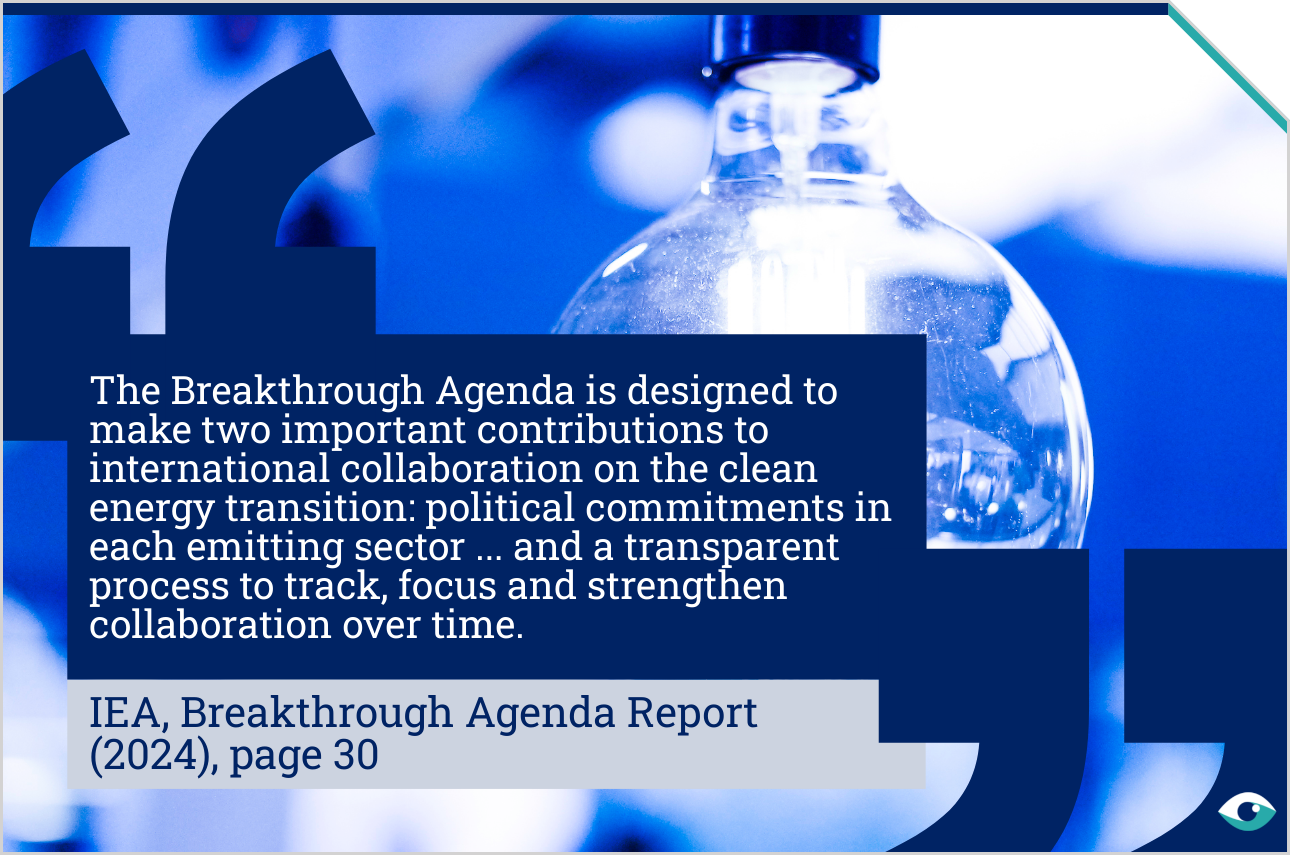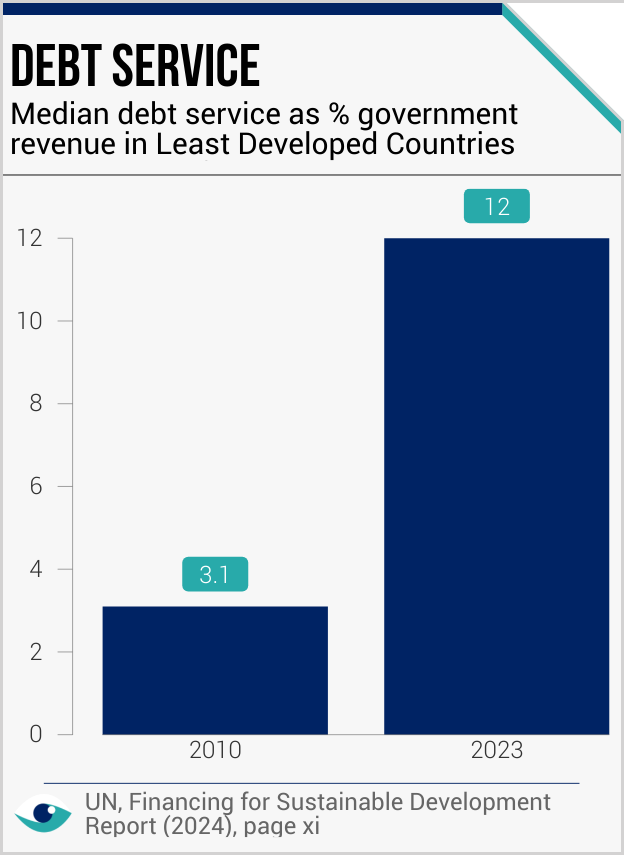The IEA's World Energy Investment 2024 highlights rising costs and interest rates as key barriers to renewable energy financing, leading to delays in critical projects, particularly in emerging markets. While corporates remain the largest investors in fossil fuel and clean energy sectors, a slowdown in private investment and technology adoption has hindered growth. Frameworks like the EU Taxonomy help direct private capital into clean energy but financial volatility and underdeveloped markets create challenges. To address these issues, energy firms should diversify funding through green bonds, sustainability-linked loans and public-private partnerships.

Addressing renewables financing risks in energy markets
Development finance and public-private partnerships can help close the funding gap for large-scale renewable energy projects
Finance
Energy (all industries)
AT A GLANCE
Rising costs and limited access to tax equity markets present major risks to financing renewable energy projects in emerging markets.
These financial barriers are significant because they threaten progress toward decarbonisation goals and alignment with the EU Taxonomy.
The energy sector must turn to green bonds and public-private partnerships to maintain project viability.
Green finance
Green finance tools, such as green bonds and sustainability-linked loans, provide firms like Iberdrola and Enel the means to align their investment plans with the EU Taxonomy, ensuring that a significant proportion of capital is allocated to eligible projects. Iberdrola has comprehensively disclosed its process for assessing eligibility and alignment with the EU taxonomy. Enel aims to keep at least 80% of its capital investments in alignment with the taxonomy.
Energy partnerships
Collaboration between public and private sectors, supported by initiatives like the Breakthrough Agenda and partnerships with development banks, is essential to secure financing for clean energy. The Breakthrough Agenda focuses on fostering political commitments across sectors to make clean energy technologies the most affordable options. Governments and development banks are working together to channel funding towards economic diversification and job creation in fossil fuel-dependent regions.

Development financing support
Development banks and donor governments are playing a vital role in lowering capital costs and supporting large-scale energy transitions in regions dependent on fossil fuels, focusing on grid planning and long-term energy storage projects in emerging markets, particularly in the Global South. Development banks play a key role in enabling grid infrastructure and energy storage projects. Collaboration between donor governments and development banks is especially important in the Global South, where capital constraints hinder the scaling of renewable energy projects.

Addressing tax equity gaps
The imbalance in tax equity markets where the demand for tax credits surpasses available supply, has led to delays in renewable energy projects. In the US, renewable energy projects are experiencing delays due to a shortage of tax credits, as tax equity investors lack sufficient liabilities to absorb the credits on offer. With decarbonisation goals driving the expansion of renewable energy projects, this has placed traditional financing mechanisms under pressure.
FURTHER READING
- Financing for Sustainable Development Report 2024 (UN)
- Breakthrough Agenda Report (IEA)
- EU taxonomy for sustainable activities (European Commission)
